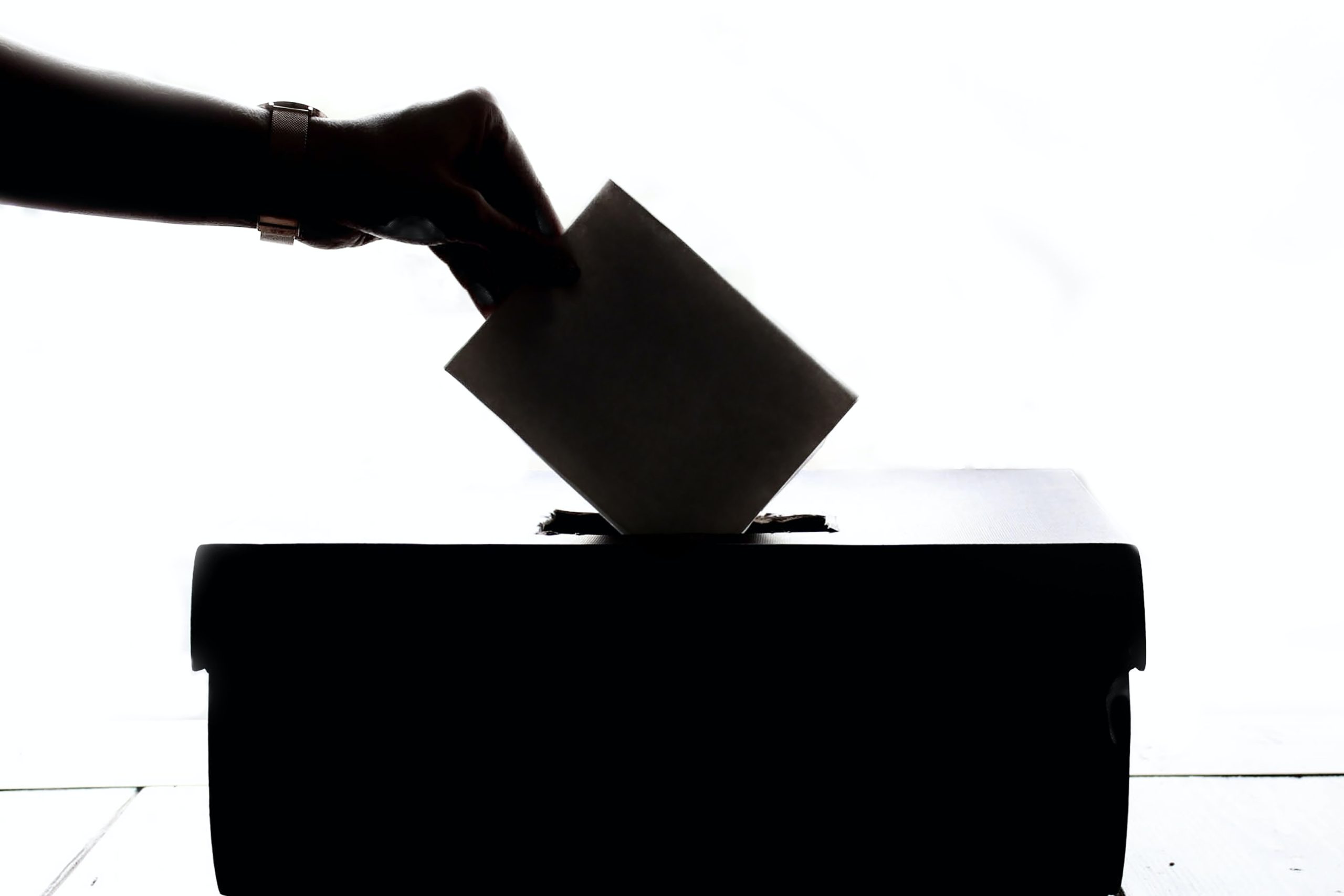- Have any questions?
- [email protected]
The Cost of Free and Fair Elections: How Much Does INEC Need?

YMonitor Election Series: What Are Expected of Security Agents During Elections
12 February 2023
YMonitor Election Series: Use of Telephones and Other Electronic Gadgets at the Polling Units
14 February 2023Money makes the world go round. In this case, cash makes elections go around. Elections in Nigeria cost a lot of money, from the politicians buying the interest forms to organising the electoral process. In politics, money talks.
Elections in Nigeria are a “big deal”; they involve lots of logistics and planning for them to be successful, from registration of voters, party registration, issuing voters cards, fixing election dates, conducting elections, results announcements etc. Therefore, there is no gain in saying that the success of the Nigerian electoral process depends on the efficiency of the Independent National Electoral Commission (INEC). Imagine this; the INEC is like a gigantic machine with many movable parts; these movable parts are responsible for the smooth operation of the country’s voting. To prevent friction among these movable parts, money is the lubricant applied to ensure each movable part works perfectly.
For the 2023 elections, INEC is set to receive N305 billion from the federal government, a 61% increase from the N189 billion the electoral body received in 2019. For effective and prompt dissemination of funds, the money was spread over three budgetary cycles – N16 billion in 2021, N278 billion in 2022, and N10 billion in 2023 – a process that was adopted to prevent the repetition of the events of the 2019 polls where funds were released few months to the elections hence leading to logistics crises and issues.
The acceptable cost of conducting an election across the world varies due to many factors like the size of the voting population, the system of government, the state of democracy etc. According to the Cost per Registered Voter Index (COVI), there are acceptable thresholds to determine the adequacy of electoral funding – $1 to $3 in stable democracies, $4 to $8 in transitional democracies, and 9 in post-conflict democracies. With a voting population of 93.4 million, the INEC budgeted $5.39 per voter; this falls within the threshold of the acceptable range for transitional democracies – Nigeria.
It is important for you to know that whether you go out or not during the polls, your voting provisions – ballot papers etc – have been accounted for. Refusal to vote not only hampers the country’s democracy, it wastes the nation’s meagre resources.
Discourse abounds on the need for an alternative source of income for the country’s electoral body. The Federal Government solely funds the activities of INEC, a situation many have argued has tied the electoral body to the apron of the executive; as the famous saying goes, he who pays the piper dictates the tune. An alternative funding source will strengthen the body’s position and reduce the federal government’s financial burden. However, in the race to free the INEC from the choke of the Federal Government, we must be wary of other pitfalls. What are the risks associated with these funds? Will the new funds compromise the integrity of the electoral process? What measures will be used to ensure accountability and transparency? These pertinent questions must be asked as we seek alternative funding for INEC.
The importance of unbridled flow cannot be understated; from easing the process of voter registration to prosecuting electoral offenders, funds are to elections what fuels are to automobiles; without them, the electoral process is expected to crash and be ineffective. To ensure the Independent National Electoral Commission is well funded, alternative sources of funds must be sought, and transparency and proper management of funds must be institutionalised.

